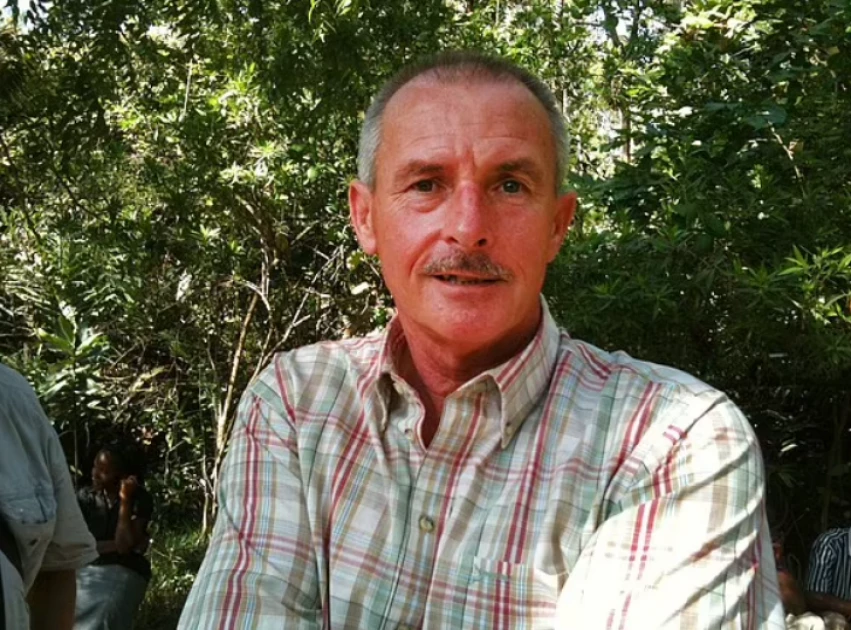Mombasa court closes inquest into British national's mysterious death after 11 years

File image of the late British national Harry Roy Veevers. | COURTESY

Audio By Carbonatix
A Mombasa court has closed the inquest into the death of
British national Harry Roy Veevers, bringing to an end an 11-year legal process
that failed to establish the cause of death.
Senior Resident Magistrate David Odhiambo
on Tuesday ruled that conflicting forensic reports and the advanced
decomposition of Veevers’ body meant the cause of death could not be
determined.
“Due to the level of
decomposition and the conflicting reports by pathologists, the government
chemist and other experts, the cause of death remains unknown, and as such
nobody can be called to answer to any charge,” the magistrate said.
According to the Office of the
Director of Public Prosecutions (ODPP), Veevers was buried in a Muslim cemetery
within days of his death, without a post-mortem examination or police
involvement.
His sons accused his long-time partner, Azra Parvin Din, and
her daughters of rushing the burial to conceal the cause of death, alleging
that their father may have been poisoned for financial gain; they petitioned
for his exhumation in 2013 and were succesful.
The inquest, which passed through
several magistrates over the years, heard testimony from 16 witnesses,
including family members, investigators, and forensic experts from Kenya and
the UK.
“Some
forensic tests detected traces of cyhalothrin, a pesticide, while others found
none,” noted the ODPP.
“Experts
warned that decomposition and possible contamination undermined the reliability
of the findings. The court also cited procedural lapses, such as poor
chain-of-custody documentation for evidence.”
Magistrate Odhiambo ordered that Veevers’ remains—kept at the
Coast General Teaching and Referral Hospital mortuary for 11 years, six months,
one week and five days—be released to the family for reburial at a site of
their choice, upon payment of mortuary fees.
The court added that the inquest
could only be reopened if new evidence emerges.



Leave a Comment